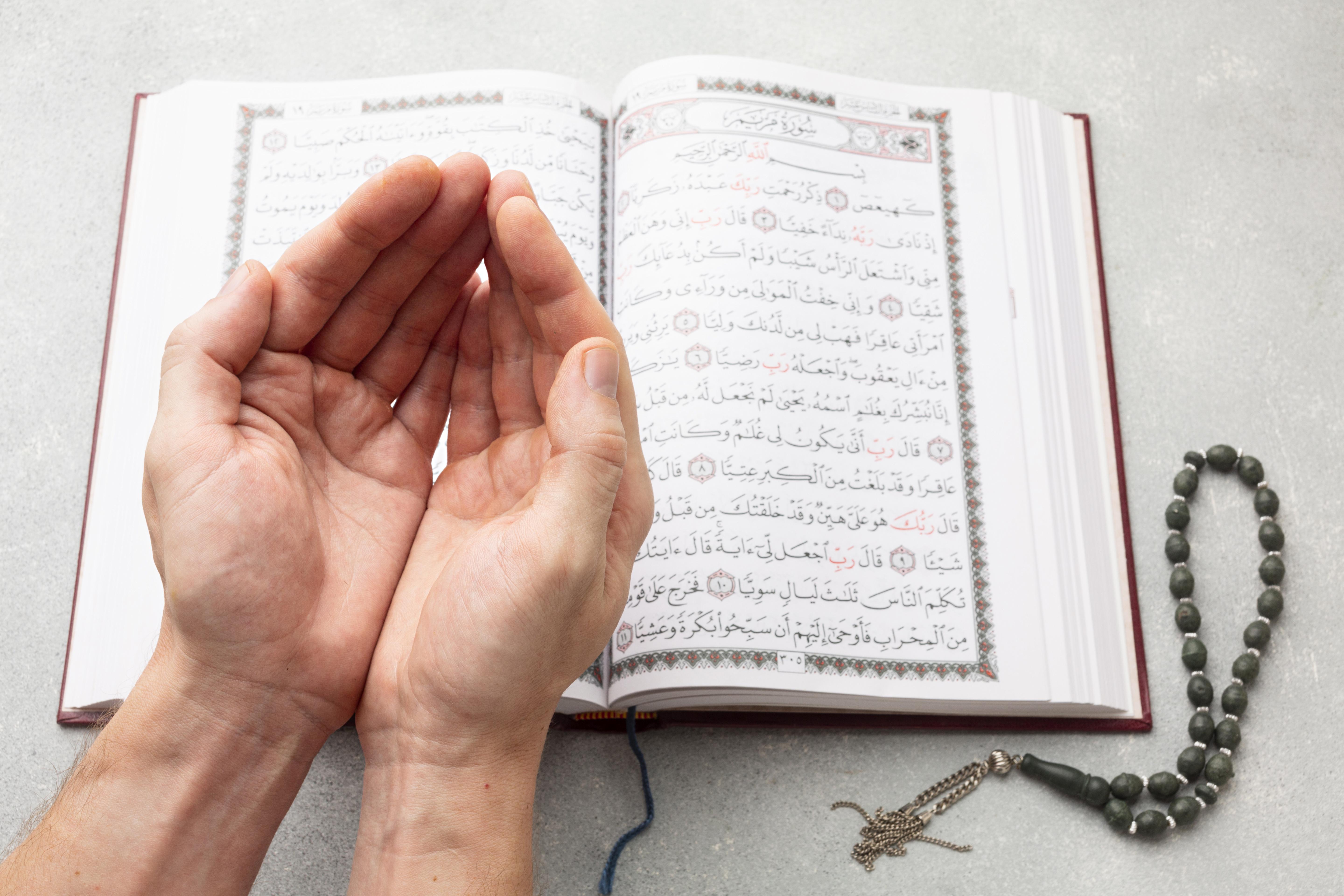Blogs_Details

The Power of Supplication (Du’a) in Islam.
The Power of Supplication (Du’a) in Islam for Protection and Strength
In Islam, du’a (supplication) holds a special place as a means of communication with Allah, allowing believers to seek His guidance, mercy, and protection. One of the significant aspects of du’a is its role in providing protection, strength, and resilience. Du’a is often regarded as a spiritual shield that believers turn to in times of difficulty, fear, and uncertainty. This concept of protection through supplication is deeply rooted in Islamic teachings and is considered a vital component of a Muslim’s spiritual life.
Understanding Du’a as a Form of Protection
In Islam, du’a is seen as a means by which Muslims can ask Allah for help in various aspects of life, including protection from harm and evil. There are specific supplications from the Quran and Hadith that are used for protection, such as Ayat-ul-Kursi (Quran 2:255), which is often recited to seek protection from all forms of harm. Similarly, the last two verses of Surah Al-Baqarah (Quran 2:285-286) and Surah Al-Falaq and Surah An-Nas are frequently recited for safeguarding oneself and one’s family from evil influences.
Du’a as a Source of Strength and Courage
Beyond protection, du’a is also a source of inner strength and courage. The act of making du’a allows a believer to express dependence on Allah, acknowledging that true strength lies in Him alone. This surrender provides the believer with a sense of peace and confidence, knowing that they are not alone in facing challenges. For instance, Prophet Musa (Moses) prayed to Allah for strength and clarity when tasked with speaking to Pharaoh, saying, *"My Lord, expand for me my chest, ease my task for me, and untie the knot from my tongue so that they may understand my speech"* (Quran 20:25-28). This du’a exemplifies the way a believer seeks courage and resolve through Allah's help.
Spiritual Weapons Against Internal Battles
While many consider physical protection when thinking of defense, Islam emphasizes that the greatest battles are often internal. Du’a serves as a spiritual tool to combat negative emotions such as fear, anger, and despair. By regularly engaging in du’a, a Muslim strengthens their inner resilience and peace, building a strong foundation to face both spiritual and worldly challenges.
The Continuous Power of Du’a
Du’a is not merely a response to hardship but also a consistent practice to keep a believer aligned with Allah’s will. Islam teaches that believers should make du’a in all circumstances, whether in ease or difficulty. The Prophet Muhammad (peace be upon him) emphasized the importance of consistent supplication, saying, *“Du’a is the weapon of the believer, a pillar of religion, and the light of the heavens and the earth”* (Hadith). This highlights the enduring power of du’a in providing a sense of connection to Allah and in guiding the believer through every aspect of life.
Conclusion
In conclusion, du’a is a powerful spiritual practice that acts as a shield and a source of strength for Muslims. It is a reminder that protection and courage come from Allah alone and that by turning to Him through supplication, believers find peace, courage, and resilience. In this way, du’a serves as a profound spiritual "weapon," empowering Muslims to face both physical and internal challenges with faith and trust in Allah's guidance.